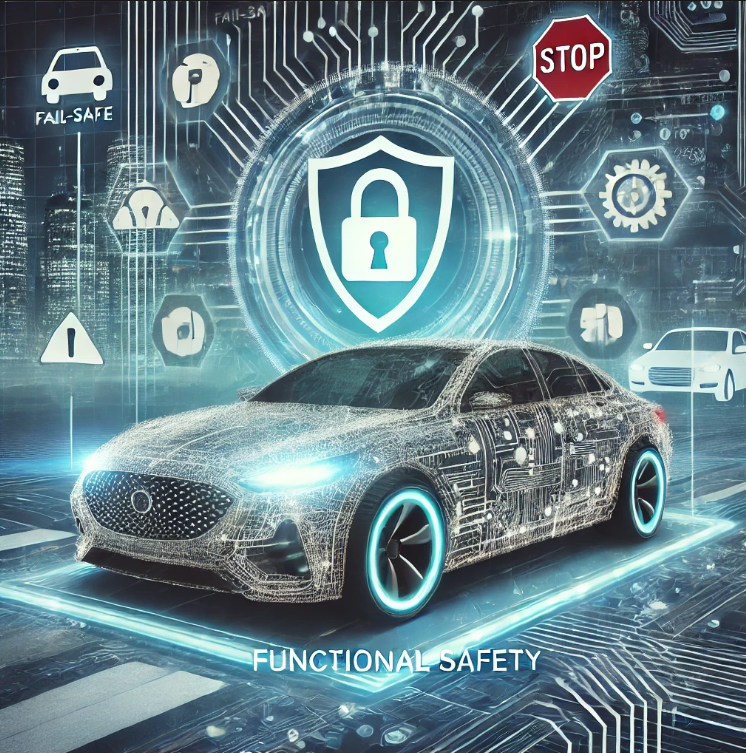Introduction
Automotive safety has become a critical focus as vehicles transition toward autonomous driving, connected mobility, and electrification. Ensuring safety in these high-tech vehicles requires cutting-edge System-on-Chip (SoC) solutions that offer high performance, real-time processing, and robust security.
The Challenges in Automotive Safety
Modern vehicles demand sophisticated safety features such as Advanced Driver Assistance Systems (ADAS), functional safety compliance (ISO 26262), and fail-operational mechanisms. Traditional ECUs (Electronic Control Units) struggle to handle the complex, high-speed data required for safe vehicle operation.
How SoCs Are Revolutionizing Automotive Safety
- Real-Time Data Processing for ADAS:
SoCs integrate high-speed processors, enabling instantaneous processing of camera, radar, and LiDAR data. This allows vehicles to react swiftly to road conditions, enhancing accident prevention measures. - AI and Machine Learning for Safety Applications:
Modern automotive SoCs incorporate dedicated AI accelerators to analyze sensor data, predict potential hazards, and implement adaptive safety responses in milliseconds. - ISO 26262 and ASIL-D Compliance:
Automotive-grade SoCs are designed to meet the stringent ISO 26262 (ASIL-D) safety standards, ensuring fault tolerance, redundancy, and deterministic processing for safety-critical operations. - Secure Communication and Cybersecurity:
Automotive SoCs feature secure boot, hardware-level encryption, and intrusion detection systems to prevent cyber threats from compromising vehicle safety. - Redundancy and Fail-Safe Mechanisms:
SoCs integrate lockstep processing, ECC memory, and real-time safety monitors to guarantee uninterrupted performance even in the event of failures.
Case Study: SoCs in Autonomous Vehicles
A leading automotive manufacturer implemented a multi-core automotive SoC that fused data from cameras, radar, and LiDAR to create a 360-degree safety shield around the vehicle. The SoC-powered system reduced accident risks by 40%, demonstrating how high-performance chips are redefining automotive safety.
Conclusion
As vehicles become more autonomous and connected, safety remains the top priority. High-performance SoCs are at the core of modern automotive safety solutions, delivering real-time processing, AI-driven intelligence, and robust security. These innovations are paving the way for a safer and smarter future in the automotive industry.



